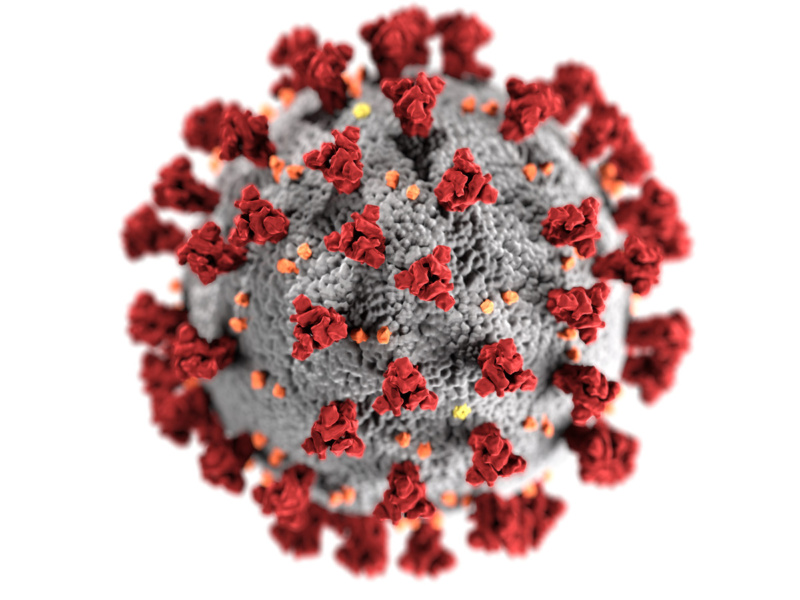Coronavirus disease (COVID-19) is an infectious disease caused by a newly discovered coronavirus.
Most people infected with the COVID-19 virus will experience mild to moderate respiratory illness and recover without requiring special treatment. Older people, and those with underlying medical problems like cardiovascular disease, diabetes, chronic respiratory disease, and cancer are more likely to develop serious illness. WHO.
Early signs of COVID-19
The main symptoms of coronavirus are:
- a high temperature – this means you feel hot to touch on your chest or back (you do not need to measure your temperature)
- a new, continuous cough – this means coughing a lot for more than an hour, or 3 or more coughing episodes in 24 hours (if you usually have a cough, it may be worse than usual)
- a loss or change to your sense of smell or taste – this means you’ve noticed you cannot smell or taste anything, or things smell or taste different to normal
- Most people with coronavirus have at least 1 of these symptoms. NHS UK
Reduce the risk of getting COVID-19
The best way to prevent and slow down transmission is be well informed about the COVID-19 virus, the disease it causes and how it spreads. Protect yourself and others from infection by washing your hands or using an alcohol based rub frequently and not touching your face.
The COVID-19 virus spreads primarily through droplets of saliva or discharge from the nose when an infected person coughs or sneezes, so it’s important that you also practice respiratory etiquette (for example, by coughing into a flexed elbow). WHO
Who are at risk?
Those at moderate risk are those who :
- are 70 or older
- have a lung condition that’s not severe (such as asthma, COPD, emphysema or bronchitis)
- have heart disease (such as heart failure)
- have diabetes
- have chronic kidney disease
- have liver disease (such as hepatitis)
- have a condition affecting the brain or nerves (such as Parkinson’s disease, motor neurone disease, multiple sclerosis or cerebral palsy)
- have a condition that means they have a high risk of getting infections
- are taking medicine that can affect the immune system (such as low doses of steroids)
- are very obese (a BMI of 40 or above)
- are pregnant
Those at serious risk include those who have undergone organ transplants, are undergoing cancer treatment, have severe lung and heart diseases and are on medication causing high risk of getting infections. This list is constantly changing as more is being learnt about the virus. Worldwide, there are different procedures including forms of shielding and individual focus given by doctors.
For information on reducing risks with suggested activity benefits for those health conditions referenced under moderate risk, refer to our posts found under:
- Blood pressure
- Coronary heart disease
- Type 2 diabetes
Useful links
- https://www.who.int/emergencies/diseases/novel-coronavirus-2019
- https://www.worldometers.info/coronavirus/
